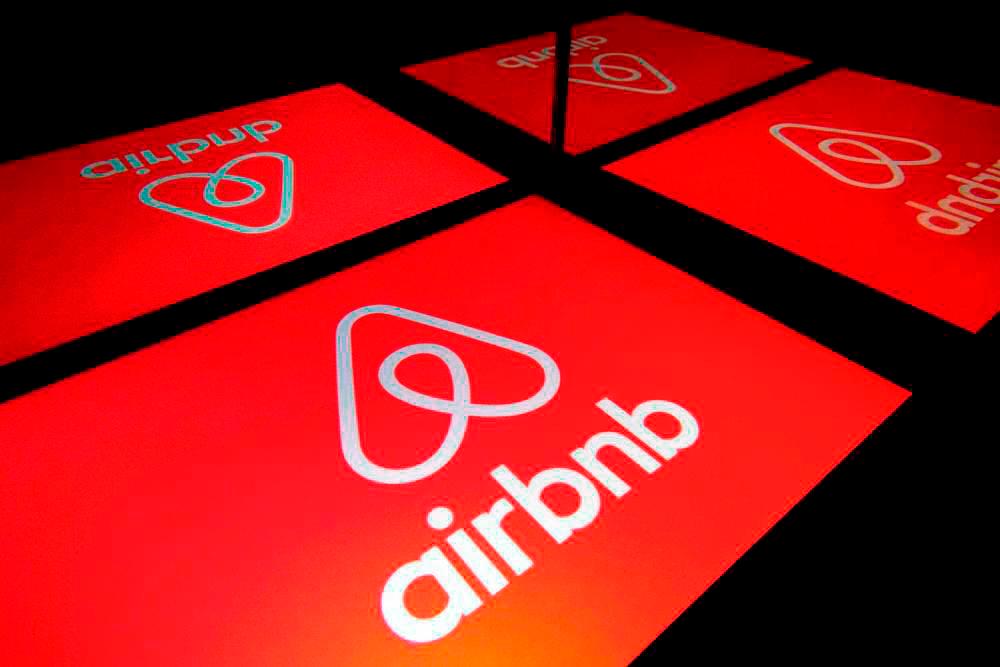PETALING JAYA: Budget hotels are facing difficulty in changing their business model despite losing customers and profits to Airbnb operators. This is because they have to follow various government regulations, said Malaysia Budget and Business Hotel Association (MyBHA) president Dr Sri Ganesh Michiel.
He said the association has been asking the government to regulate Airbnb businesses so that they operate on a level playing field. However, its requests have not been successful.
Airbnb Inc is a US-based company founded in 2008, and operates an online marketplace for “short-term homestays and experiences”. It acts as a broker and charges a commission from each booking.
“Airbnb operators have an advantage over budget hotels because they do not have to collect fees such as the 6% Sales and Service Tax, which adds to the cost of a room,” he told theSun, adding that it was only recently that the operators were required to collect the RM10 Tourism Tax per listing per night.
He said he has no idea how they plan to remit the RM10 tax to the government.
“Airbnb operators have had a major negative impact on budget hotels in Kuala Lumpur, Selangor, Kota Kinabalu and Johor Baru. They are lucky as they can operate from anywhere, killing the budget hotel business in the process.
“The sad part is some government agencies don’t realise Airbnbs do not need a licence and are not regulated, and are promoting them.”
Sri Ganesh said the law is clear in that a person cannot operate a business out of a house and can only do so in commercial areas. But until now, an Airbnb operator can open up a room in his/her house to do business.
“How can budget hotels challenge such a disruptive business, when Airbnb operators continue to eat into our operations?”
He cited the “white bed linen rule” as an example of the many regulations imposed on budget hotels, which add to operating costs for MyBHA members.
“The use of white linens serves to show how clean the beds are, but Airbnb operators are not required to follow this rule,” he said.
In October 2020, the Federal Court ruled that management corporations (MC) and joint management bodies (JMB) could ban short-term rentals through their own house rules.
In January the following year, the commissioner of buildings under the Penang Island City Council released a letter stating that the operations of short-term accommodation must first get approvals from the respective building JMB and MC.
The management would need to conduct an annual general meeting to seek approvals from unit owners, where 75% of residents must give their consent.
In Selangor and Kuala Lumpur, some local authorities have come up with new ways to regulate short-term rentals. Kuala Lumpur City Hall (DBKL), for instance, encourages property owners to register their residential properties online.
With thousands of condominiums scattered across the Klang Valley, DBKL has delegated its powers to residential management bodies when it comes to short-term rental regulations.
An Airbnb operator in Kuala Lumpur, who asked to be identified only as Daniel, said he has six units registered on an Airbnb website and there is a big demand for the units, especially during weekends and long public holidays.
“My units are based on profit-sharing with the owners and most of the units are in serviced apartments since there are some JMB rules which apply to residential units but not to serviced units.
“But still, I have to spell out the rules to boarders renting them to ensure there are no complaints because some of the units in the building have been bought by families who live there.”
Daniel added that the lack of rules makes it easier for him to operate his business, which he said is profitable.









